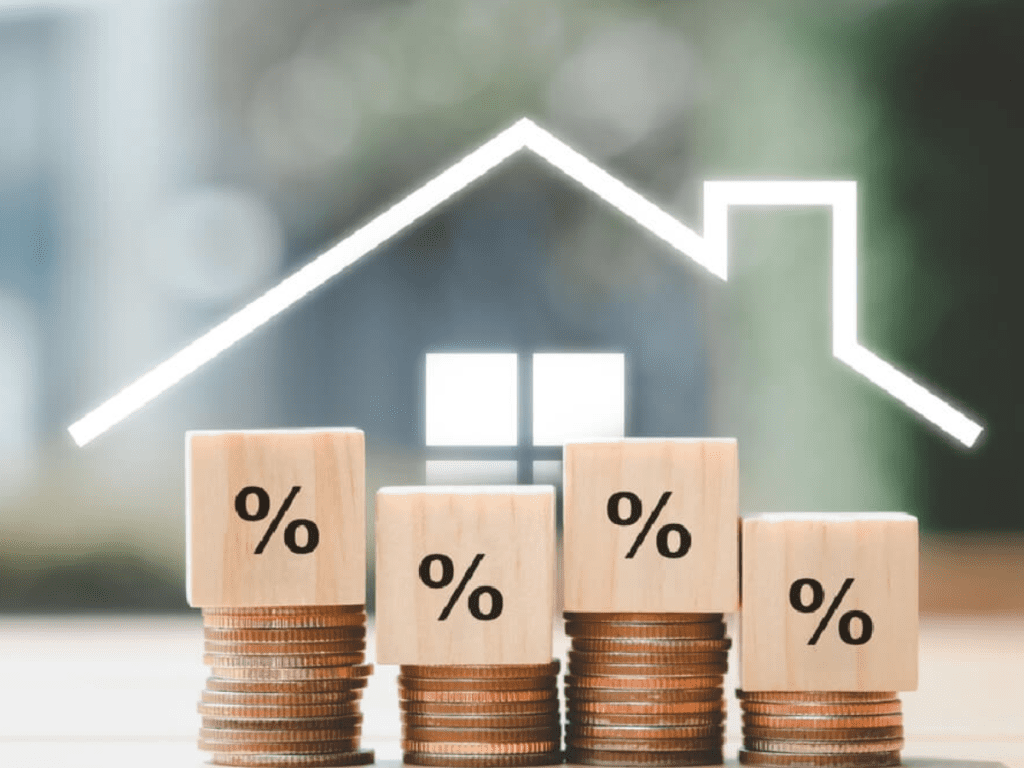Introduction
Refinancing your home loan can be a strategic financial decision that offers a range of benefits. However, it’s not without potential drawbacks. Understanding the pros and cons of refinancing your home loan is essential to determining whether it aligns with your financial goals and circumstances. This comprehensive exploration will provide a detailed analysis to help you make an informed decision.
What Is Home Loan Refinancing?
Home loan refinancing involves replacing your current mortgage with a new one, typically with different terms. This process can help homeowners achieve various goals, such as reducing monthly payments, lowering interest rates, or accessing home equity. However, it’s crucial to weigh the advantages and disadvantages before proceeding.
Pros of Refinancing Your Home Loan
- Lower Interest Rates One of the most significant advantages of refinancing is securing a lower interest rate. A reduced rate can lead to considerable savings over the life of the loan, decreasing the total amount of interest paid. This is particularly beneficial when market rates drop significantly compared to your current mortgage rate.
- Reduced Monthly Payments Refinancing can lower your monthly mortgage payments, either by reducing the interest rate or extending the loan term. Lower payments can free up cash flow, making it easier to manage other financial obligations or save for future goals.
- Shorter Loan Term If your financial situation has improved, refinancing to a shorter loan term, such as moving from a 30-year mortgage to a 15-year mortgage, can help you pay off your home faster. While monthly payments may increase, the total interest paid over the loan’s lifetime will be significantly lower.
- Switching Loan Types Refinancing allows you to switch from an adjustable-rate mortgage (ARM) to a fixed-rate mortgage or vice versa. If you currently have an ARM and are concerned about rising interest rates, switching to a fixed-rate mortgage can provide long-term stability. Conversely, switching to an ARM may be advantageous if you plan to sell your home within a few years and want to benefit from lower initial rates.
- Accessing Home Equity A cash-out refinance lets you borrow against your home’s equity and receive the difference in cash. This can be a useful way to fund major expenses like home improvements, debt consolidation, or education costs. However, it’s essential to use the funds wisely to avoid financial strain.
- Eliminating Private Mortgage Insurance (PMI) If your home’s value has increased and you now have at least 20% equity, refinancing can help you eliminate PMI, which reduces your monthly mortgage payments and saves money.
- Debt Consolidation By refinancing, you can consolidate high-interest debts, such as credit card balances or personal loans, into your mortgage. This can simplify your finances and lower the overall interest rate on your debt.
Cons of Refinancing Your Home Loan
- Closing Costs Refinancing isn’t free. Closing costs typically range from 2% to 6% of the loan amount and include fees for appraisals, title insurance, and lender origination. These upfront costs can negate the benefits of refinancing if you don’t plan to stay in your home long enough to break even.
- Extended Loan Term While refinancing can lower monthly payments, it often involves extending the loan term. This means you’ll pay more interest over the long run, even if the monthly costs decrease. For example, restarting a 30-year mortgage after paying off the original loan for several years resets the clock on your repayment timeline.
- Risk of Overleveraging Cash-out refinancing increases your overall mortgage balance, reducing the equity in your home. If property values decline, you could end up owing more than your home’s worth, putting you in a precarious financial position.
- Prepayment Penalties Some mortgages come with prepayment penalties, which are fees charged for paying off the loan early. Before refinancing, check whether your current mortgage includes these penalties, as they can add to the cost of refinancing.
- Impact on Credit Score Refinancing involves a hard inquiry on your credit report, which can temporarily lower your credit score. Additionally, opening a new loan account can affect the length of your credit history, potentially impacting your creditworthiness.
- Complexity of the Process Refinancing requires significant time and effort, including gathering documentation, working with lenders, and navigating the application process. For some homeowners, the complexity and stress may outweigh the potential benefits.
Factors to Consider Before Refinancing
- Your Financial Goals Determine what you hope to achieve by refinancing. Are you looking to lower your monthly payments, pay off your mortgage faster, or access cash for major expenses? Clearly defined goals can help you evaluate whether refinancing is the right move.
- Current Market Conditions Interest rates and market trends play a crucial role in refinancing decisions. Monitor the market to ensure you’re locking in favorable terms.
- Break-Even Point Calculate the break-even point—the time it takes to recoup closing costs through savings from the new loan. If you plan to sell your home or move before reaching this point, refinancing may not be worthwhile.
- Loan Term Remaining Consider how much time is left on your current mortgage. Restarting a long-term loan might not make sense if you’re already several years into repayment.
- Cost vs. Benefit Analysis Weigh the potential savings against the costs of refinancing. Use online calculators or consult with a financial advisor to assess the financial impact.
When Refinancing Makes Sense
- Falling Interest Rates Refinancing is most beneficial when market interest rates are significantly lower than your current rate. Even a small reduction can lead to substantial savings.
- Improved Credit Score If your credit score has improved since you took out your original mortgage, you may qualify for better terms and lower rates.
- Increased Home Value A higher property value can provide more favorable refinancing options, such as eliminating PMI or accessing equity.
- Life Changes Major life events, such as a new job, retirement, or growing family, may necessitate changes to your mortgage terms to better align with your financial needs.
Alternatives to Refinancing
If refinancing isn’t the right option, consider these alternatives:
- Loan Modification Negotiate with your current lender to modify your loan terms, such as reducing the interest rate or extending the repayment period.
- Extra Payments Making extra payments toward your principal can help you pay off your mortgage faster without refinancing.
- Home Equity Products A home equity line of credit (HELOC) or home equity loan allows you to access your home’s equity without replacing your existing mortgage.
- Debt Management Strategies If you’re looking to consolidate debt, explore other options like personal loans or balance transfer credit cards.
Conclusion
Refinancing your home loan can offer numerous advantages, such as lower interest rates, reduced monthly payments, and access to home equity. However, it’s essential to weigh these benefits against potential drawbacks, including closing costs, extended loan terms, and the risk of overleveraging. By carefully evaluating your financial goals, market conditions, and the costs involved, you can make an informed decision about whether refinancing is the right choice for you. Consulting with a financial advisor or mortgage professional can also provide valuable insights to guide your decision-making process.

